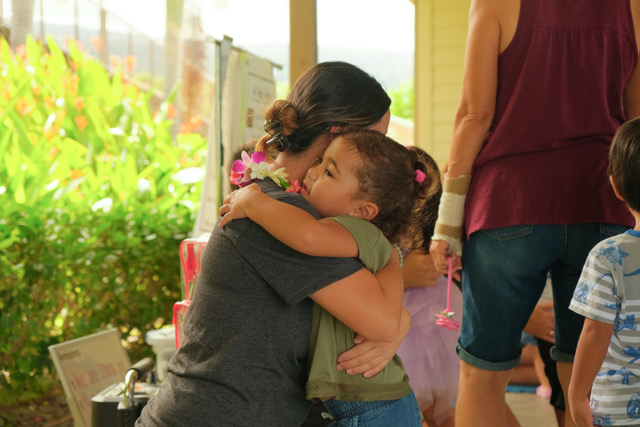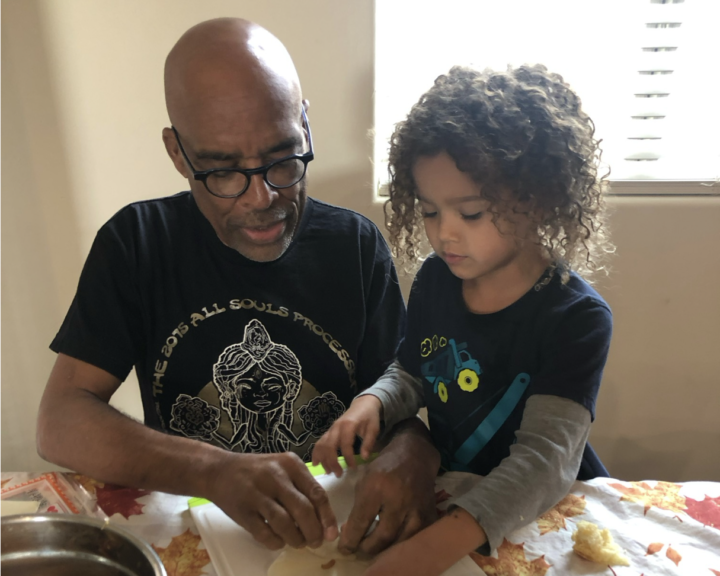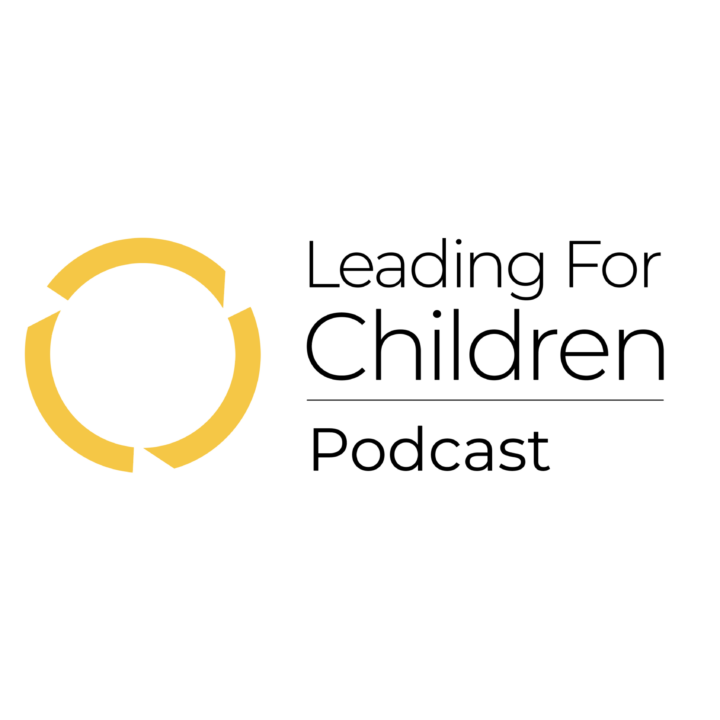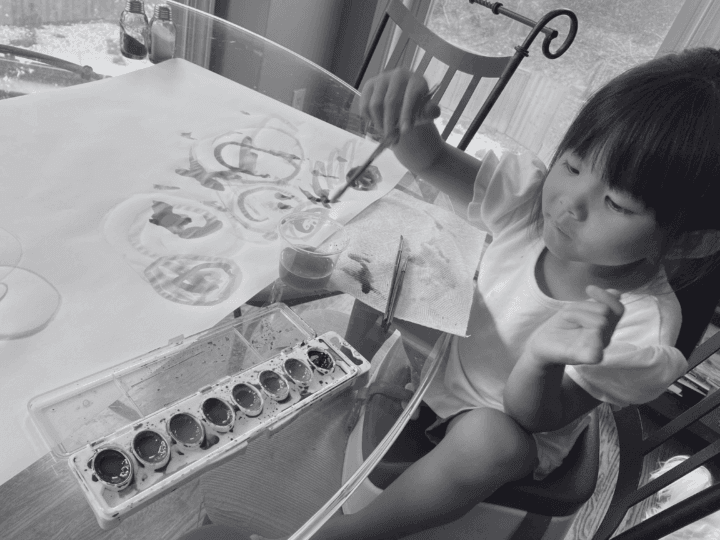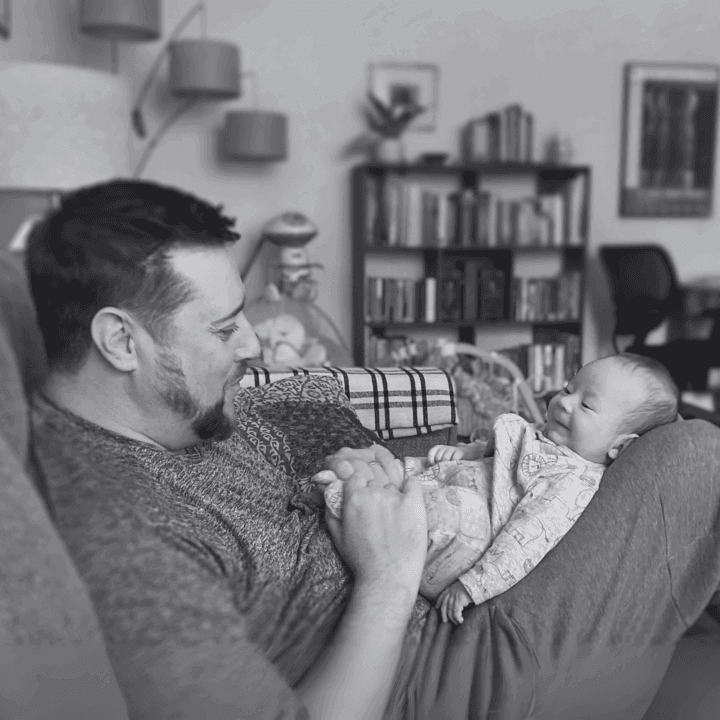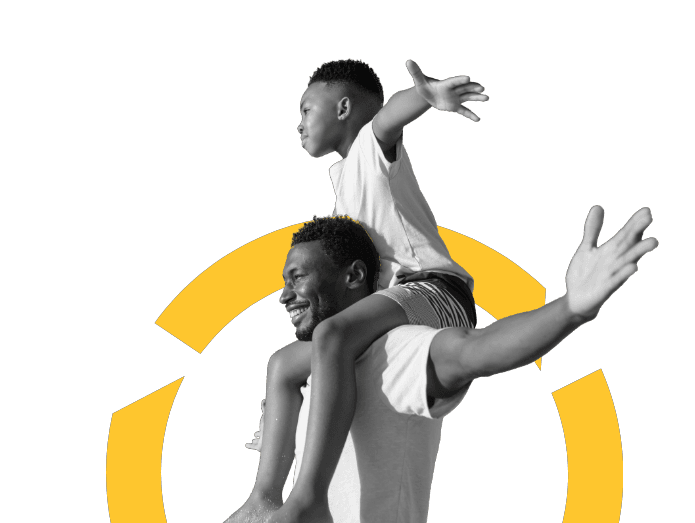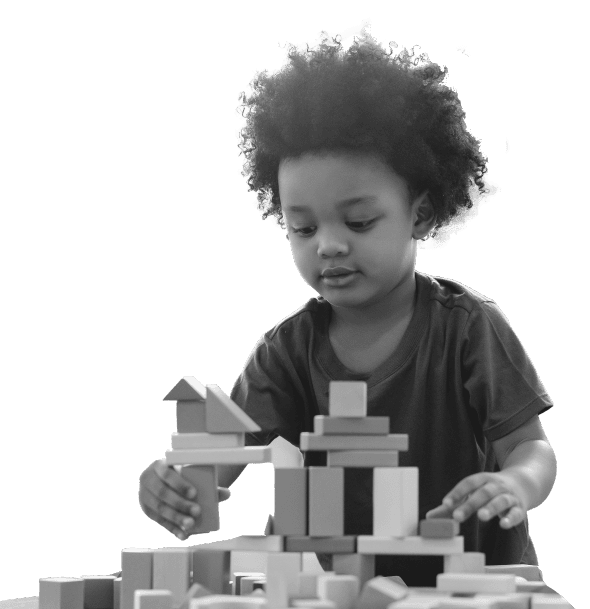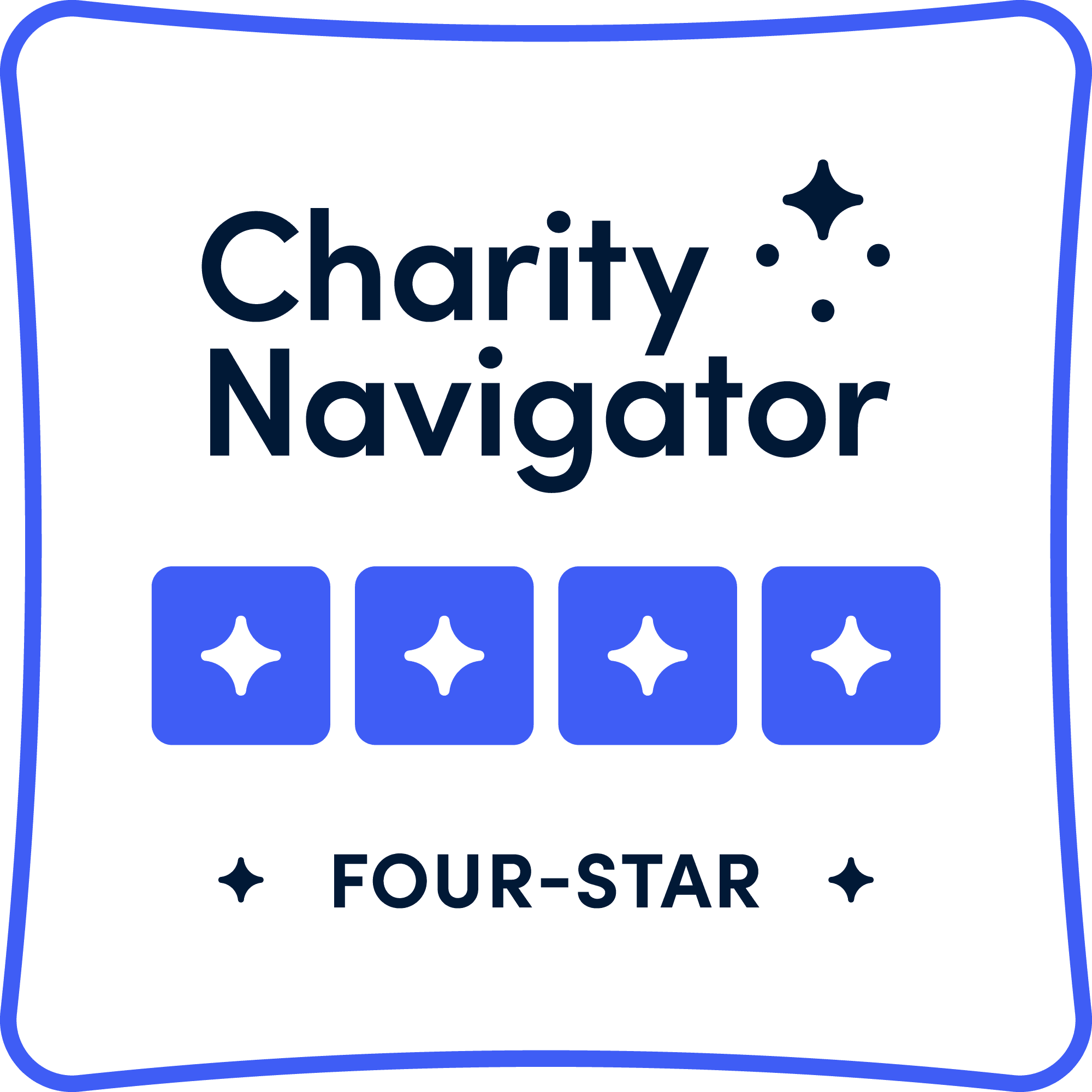This blog was written by Julia Connolly, LFC’s Development and Communications Associate
The State of Kindness, Empathy, & Respect
You may have noticed—the state of kindness, empathy, and respect in our world feels increasingly precarious. Looking at the systems and structures around us, it’s clear: unkind, individualistic, and competitive attitudes and behaviors are often rewarded, while the values that truly make life meaningful are dismissed as weak. Would you agree?
The Office of the Surgeon General warned that we are experiencing an ‘epidemic of loneliness,’ and at Leading for Children, we proclaim that kindness, empathy, and respect—a Humanity First approach—are the antidotes.
Kind v.s. Nice
“Hey–play nice!” Sound familiar? This expression inadvertently reveals something profound about “niceness”: it’s often a role we play or a facade we create, rather than an honest reflection of how we feel. Has a sixth sense ever crept up while someone was acting polite and told you that beneath the surface of their smile and mannered words, something else might have been going on? Maybe judgment or frustration. Or maybe a struggle to mask a tough day. Either way, authenticity would have softened the interaction. Think about how much lighter it feels when you trust that someone’s words and actions align with their thoughts and feelings.
Authentic kindness is beautiful—thinking about it excites me because I know how warm and healing it feels to share it with and experience it from others—to see and be seen. In our recent podcast episode, our founder Judy Jablon shared,
“I think kindness is when you choose to see the other person in their wholeness.”
Opening your mind and heart, activating curiosity, engaging empathy, and practicing kindness are, I believe, how we demonstrate respect for all people.
Language matters. “Nice” and “kind” are not interchangeable synonyms. Would you prefer to live in a world grounded in niceness or kindness? I choose to work towards one grounded in kindness. Does that vision inspire you like it inspires me?
What’s one thing you can do to promote kindness, instead of niceness, in your community?
Kindness, Empathy, & Respect Strengthen Relationships
Expanding on the idea that nice is different from kind—let’s consider what “niceness” usually seeks to accomplish. I notice it’s often used to avoid “rocking the boat” or provoking conflict. Keeping relationships and interactions surface level might feel simpler—sometimes this is necessary—but it builds a fragile foundation and repels deeper, more fulfilling connections.
Rising above the appeal of niceness and choosing kindness can be hard. It requires digging deeper, using intention, and accepting that things may feel uncomfortable as you take risks to cultivate trust. It’s like exercising for the first time—your muscles aren’t developed yet and need some achey repetition before becoming stronger and more resilient. Relationships become stronger and more resilient when you nurture them with authenticity. Our podcast guest, Kyson Bunthuwong, emphasized that kindness and all it encompasses are skills that we hone. He said,
“It does take work, a lot of the time, to practice kindness. But the ones who do—they’re showing up, right? They’re showing up to put in the extra effort to be kind and not just neutral or negative.”
Practicing kindness, empathy, and respect can feel vulnerable, especially when it’s one-sided. But vulnerability has a superpower: it’s incredibly disarming. When emotions run high, interactions tend to go one of two ways: 1) reactivity takes over, escalating the situation, or 2) at least one person chooses to pause, breathe, reflect, and regulate, creating space for intentional, authentic connection. Being vulnerable—even in the heat of the moment—is a bit like an investment. By extending your trust before knowing the outcome, you give the other person an opportunity to rise to the honor and strengthen the relationship with reciprocated kindness, empathy, and respect.
These Values Empower Us
If I could send one message from this blog across the planet and into the mind of every person, it would be that a kinder, more empathetic and respectful world is a stronger, more resilient and fulfilling world.
In the podcast, our executive director, Nichole Parks, shared,
“I want to be clear: I believe now is the time we should stand up. However, I think it’s very important that we don’t lose the core of who we are, our kindness and our humanity, when we do stand up for ourselves in the face of injustice. Otherwise, we become like the people we’re standing up to.”
She reflected on memories of her grandmother, who she witnessed advocate for herself with astounding grace and warmth. The example inspires her to lean into her values, even when it’s uncomfortable, infuriating, or exhausting. “Niceness” is about avoiding discomfort—kindness embraces conflict as a necessary human experience and an opportunity for both parties to grow while deepening their connection.
There will always be a need to stand up for ourselves and others. In this movement toward an equitable world that collectively leads with Humanity First, we ALL have a responsibility. It’s not only that we advocate, but it’s how we advocate—we set the example, just like Nichole’s grandmother.
Kindness, empathy, and respect will always win. They are the values that make life feel fulfilling, and together, we will create a world where they flourish.
Share Your Story: Tell us about a moment when you witnessed, received, or facilitated an act of humanity—an act that embodied kindness, empathy, and respect. Recounting our stories and reading those of others uplifts us and cultivates connections that foster resilience. https://padlet.com/info29540/stories-of-humanity-uvuo398fuqawzna9
Learn more about the Humanity First Model, developed by Judy Jablon, on our website here.
